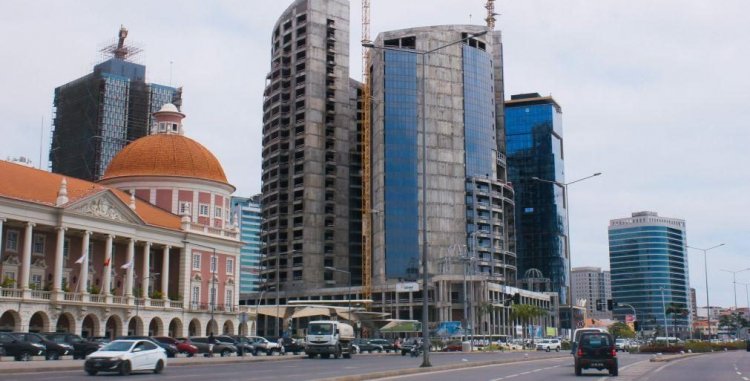"We expect Angola's public debt to increase even more this year to close to 110 percent of GDP," said Aurelien Mali in an interview with Lusa, in which he warned that this ratio could be revised at the end of the assessment that Moody's is doing to the country.
The credit rating agency Moody's announced on Monday that it is preparing to downgrade Angola's rating due to the magnitude of the oil price shock and the deteriorating financial conditions in the country.
Asked about the update of macroeconomic forecasts for the country, Aurelien Mali replied that Moody’s, in addition to forecasting a public debt close to 110 percent this year, also estimates that the economy will continue to grow negatively.
"For this year we expect a recession of 0.9 percent, in view of the negative growth of 1.2 percent recorded in 2019", said the analyst, thus confirming that Angola should remain in recession for the fifth consecutive year, but softer than the forecast of the Minister of Finance, which points to a negative growth just above 1 percent.
The increase in public debt in African oil-producing countries, in particular, and across the continent in general, has merited several analyzes by international financial institutions, with the International Monetary Fund assuming several times that the ratio, which on average exceeds 50 per cent of GDP, presents a worrying trajectory.
For Aurelien Mali, the proposals presented either by African finance ministers during the meetings of the United Nations Economic Commission for Africa, or by the IMF itself and the World Bank, are still unclear as to the amount or scope of debt forgiveness. that is proposed.
Right, he underlined, is that "Angola is no longer eligible [to receive support] under the Association for International Development", the World Bank's arm to channel aid to the poorest countries, as it is at an average level in terms of income of citizens.
In a comment published this week, even before African finance ministers extended this year's debt relief request for all debt payments over the next three years, Moody's warned that “it is not clear whether official debt relief it will be conditional on the participation of private sector creditors in some or all cases, or whether pressure will be put on debtors or private sector creditors who accept to participate ”.
In that comment, Moody’s also wrote that many countries in sub-Saharan Africa use multi-lateral financial institutions less and use more instruments like sovereign debt issuance in financial markets.
“Emerging countries, mainly in Sub-Saharan Africa and Asia, have shifted their focus from issues to non-concessional debt, using market-based instruments in recent years, which complicates the process of effectively relieving debt using official channels,” that is , the countries.
What is certain is that, regardless of the outlines of the model, "an increased risk of late payment of debt or debt service constitutes a Financial Default (" default ") according to our definition".







